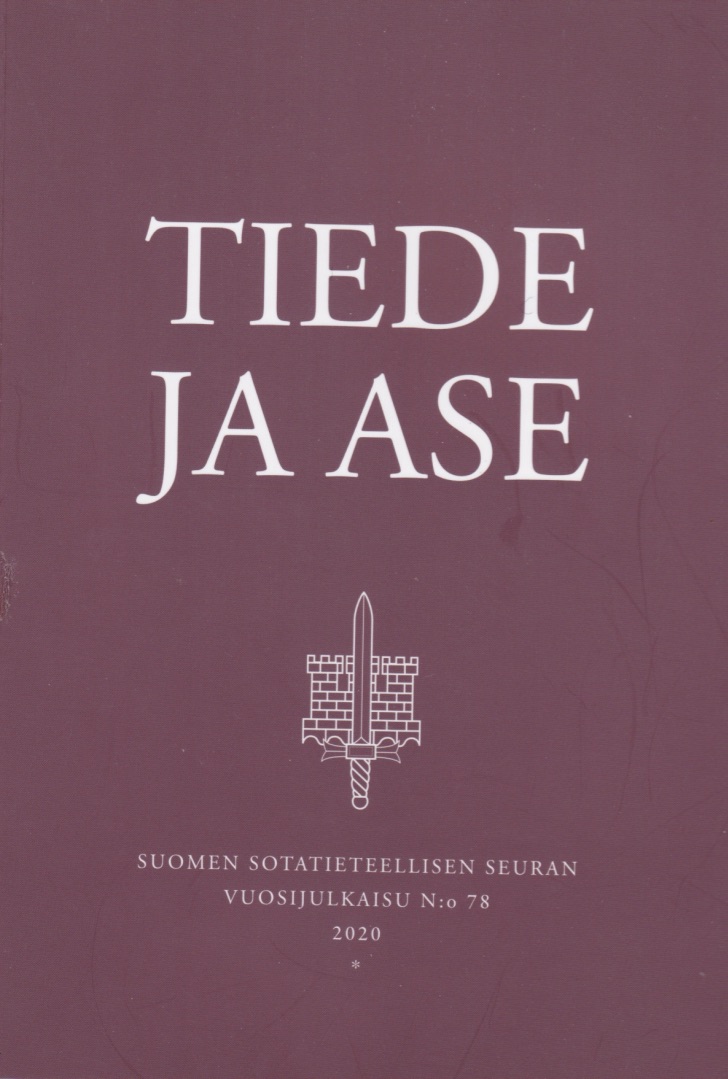Kaveria ei jätetä – eettinen toimintakyky ja suomalainen hyvinvointiyhteiskunta
Abstrakti
This article examines the meaning and content of ethical action competence. Integrity is denoted as the most important aspect of ethical action competence. Integrity is defined as the wholeness of a person’s moral principles, values and roles. This wholeness is searched for through an understanding of different meta-ethical theories as mutually complementary moral structures instead of competing, mutually exclusive theories.
The article perceives military ethics as a broader societal phenomenon. This poses a larger question of what kind of a society is best suited for cultivating moral integrity. In the article, general level of education is identified as a factor at the root of building ethical action competence. Consequently, societies with high-quality public education systems could best support ethical action competence both as a citizen and as a soldier. The Nordic welfare state is a model example of such a society portraying a general ethos of caring. Similar ethos can be seen reflected in the traditional Finnish military ethical principle, “kaveria ei jätetä”, no one left behind. In conclusion, a strong welfare state with emphasis on the valuation of education makes for (ethically) better soldiers, and moreover, when successful, the military service can cultivate more active and responsible citizens.

